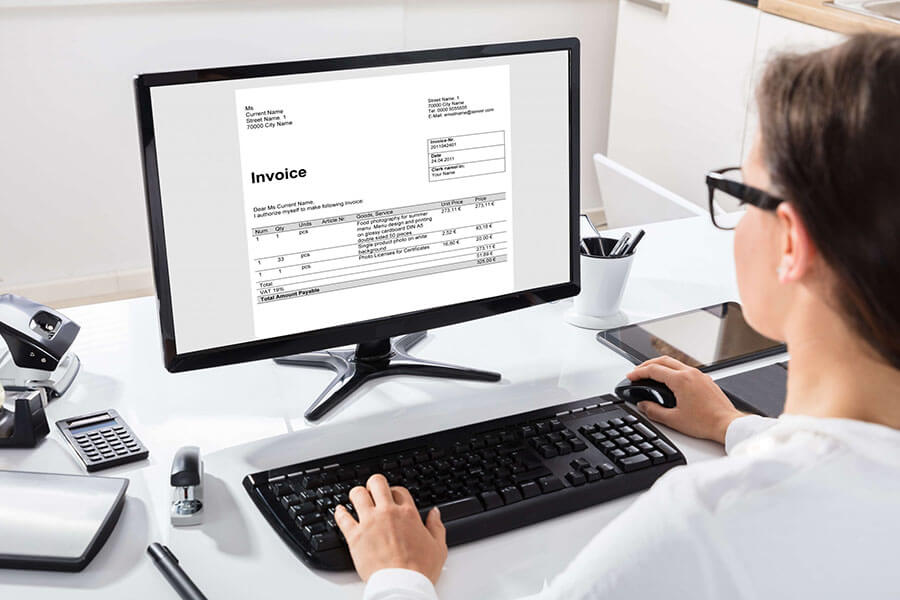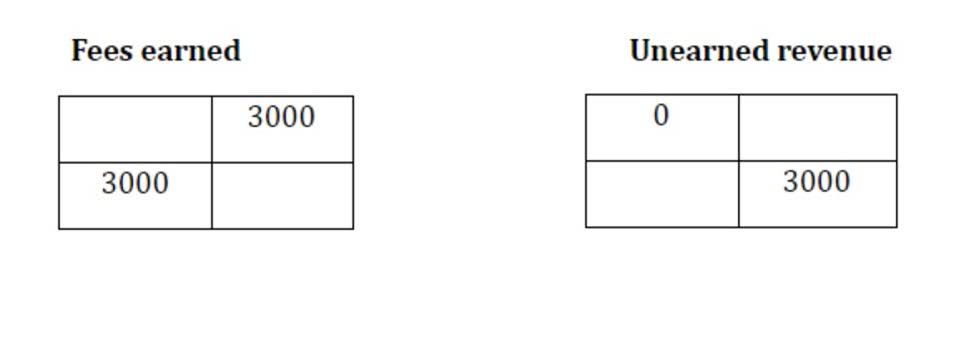

TimeSolv’s cloud-based system ensures data security with 256-bit encryption and automatic backups. It integrates seamlessly with other software, making it adaptable for firms of all sizes. One of retained earnings the biggest mistakes law firms make in accounting is combining client trust accounts with the firm’s regular operating funds.
- Most U.S. jurisdictions have bar rules governing maintenance and reconciliation of client trust accounts.
- General ledger accounting is a crucial part of keeping a law firm’s finances organized and accurate.
- This data provides a comprehensive view of assets and liabilities and shows how efficiently your firm manages cash flow.
- Whenever a client pays an invoice, you must allocate the payment to the incurred costs of a matter first.
- General ledger accounting is a fundamental pillar for the financial success of any law firm.
Use financial reporting to identify opportunities
While journals capture the details of each transaction, the general ledger provides a broader overview, summarizing the data to offer insights into the firm’s overall financial position. This distinction is key to understanding the general ledger’s role in legal bookkeeping. Creating and managing a law firm chart of accounts doesn’t need to be a completely manual endeavor. Technology can make accounting processes—including setting up your law firm chart of accounts—easier, more efficient, and more accurate for law firms.
Company


Fixed assets are listed separately from current assets like cash that convert to cash within a year. For fixed assets, a horizontal format shows the original cost minus depreciation expense overtime to give the net book value. Current and long-term liabilities are also distinguished and subtracted accordingly. The bank then forwards the interest https://www.bookstime.com/ earned on IOLTA accounts to the state bar.


Do lawyers need accounting?
- So, with double-entry accounting, every financial transaction gets sorted into a specific category (assets, liabilities, or equity).
- This article highlights the importance of general ledger accounting for law firms.
- Select legal accounting software that aligns with your firm’s size and budget.
- Make sure any withdrawals or transfers are fully documented and authorized to ensure transparency and stay compliant with legal regulations.
- Regularly reviewing your general ledger for law firms ensures that all entries are accurate and that your financial statements reflect the true financial position of the firm.
- Whether you’re working from the office or on the go, Xero makes it easy to stay on top of your firm’s finances.
We’ll also show you how legal accounting software can make the whole process easier (and more effective). The information you use to make business decisions — such as financial statements and a legal KPIs dashboard — will be more accurate. If your chart of accounts is not set up correctly, your transactions will not balance and the records for each account could be inaccurate.




While these two terms are often used interchangeably, accounting and bookkeeping for lawyers are technically different things. Essentially, legal bookkeeping involves recording and balancing financial transactions at your firm, while accounting involves analyzing, interpreting, and summarizing that financial data. In this post, we’ll introduce the essentials of law firm accounting to help get you started. From common accounting issues to watch out for to tips many law firms find effective for financial management, read on to explore the fundamentals you should know.
- You can go with an accrual or cash accounting method in the US, and the difference is mostly about timing.
- Reconciliation helps your law firm resolve discrepancies, maintain transparency, and avoid regulatory and tax compliance issues.
- TimeSolv is a comprehensive time tracking and billing solution specifically designed for law firms.
- These points underscore why keeping an accurate and well-organized general ledger is crucial for the smooth operation and financial health of any law firm.
- Law firms also use a process of three-way reconciliation to check that their internal trust ledgers align with client trust ledgers and trust bank account statements.
- This distinction is key to understanding the general ledger’s role in legal bookkeeping.
- After the billable expense is set up, expenses can be assigned to clients and listed on invoices to get reimbursed.
- Government agencies and accountants audit these statements to ensure accuracy for taxes, regulatory requirements, financing, and investment.
- Tracking billable time is a time-consuming and error-prone task that can significantly disrupt workflow without good record-checking practices.
- It allows for more meaningful financial management that isn’t influenced by the ups and downs of cash flow.
- Integrated seamlessly with QuickBooks, LeanLaw provides a modern solution for accurate, compliant legal accounting.
We work behind the scenes–a team of steadfast and experienced experts, each a leader in their own litigation field, gathered under one ethos. In a legal climate where the deepest pockets often succeed, we’ve proven law firm general ledger accounts an equalizing force. When all is said and done, your assets must equal your liabilities plus the ownership’s equity. Law firms must comply with all applicable tax regulations for their jurisdiction—such as income tax and payroll tax.



